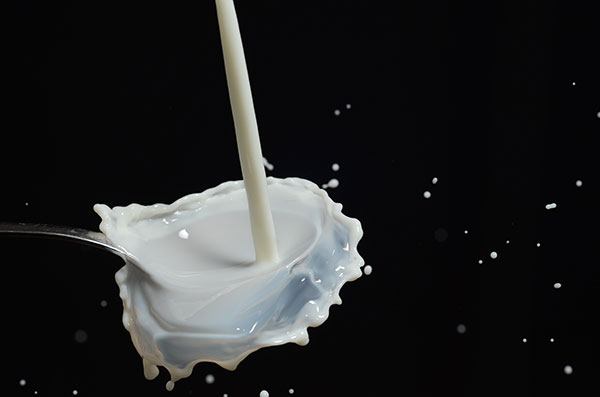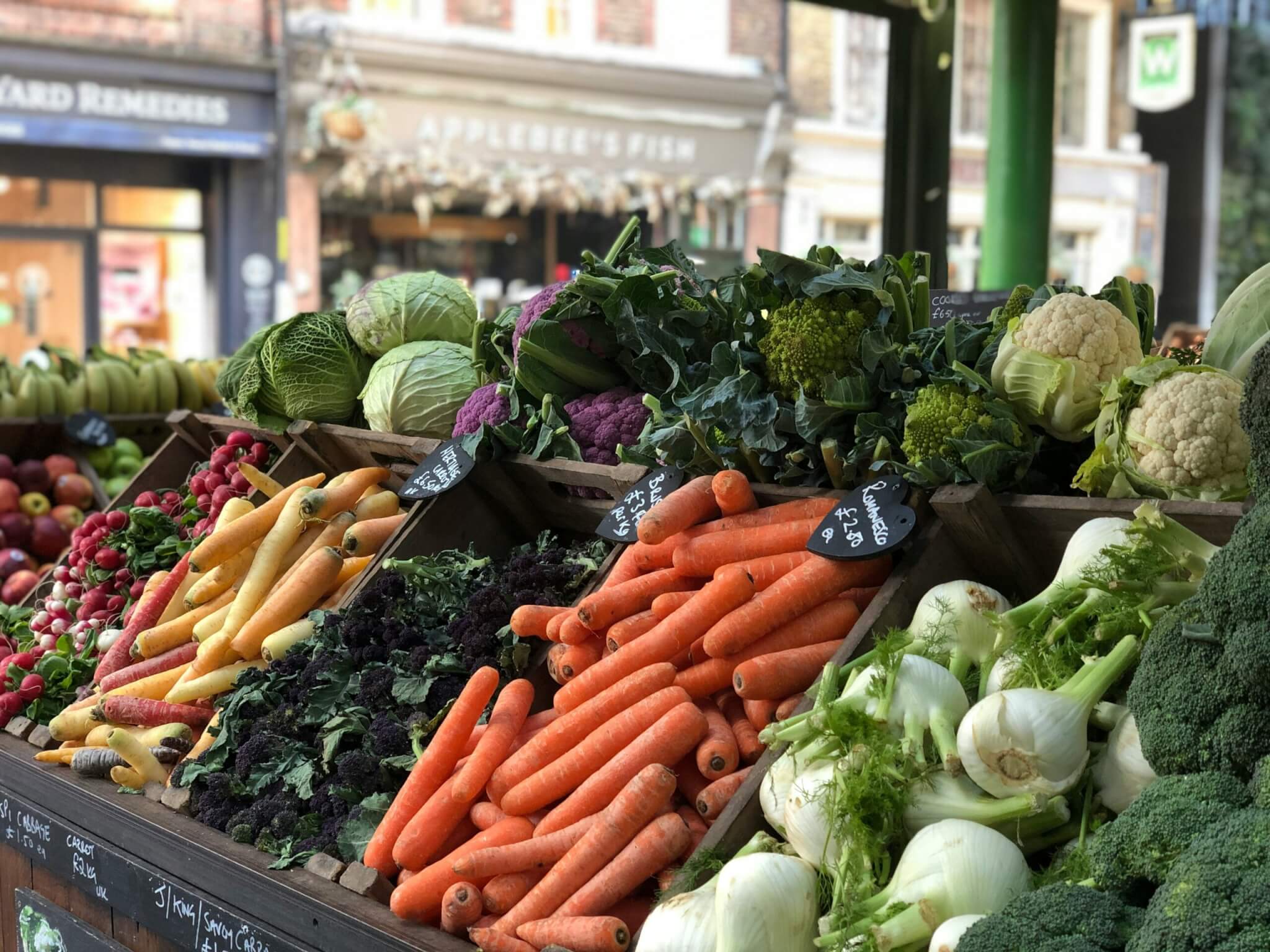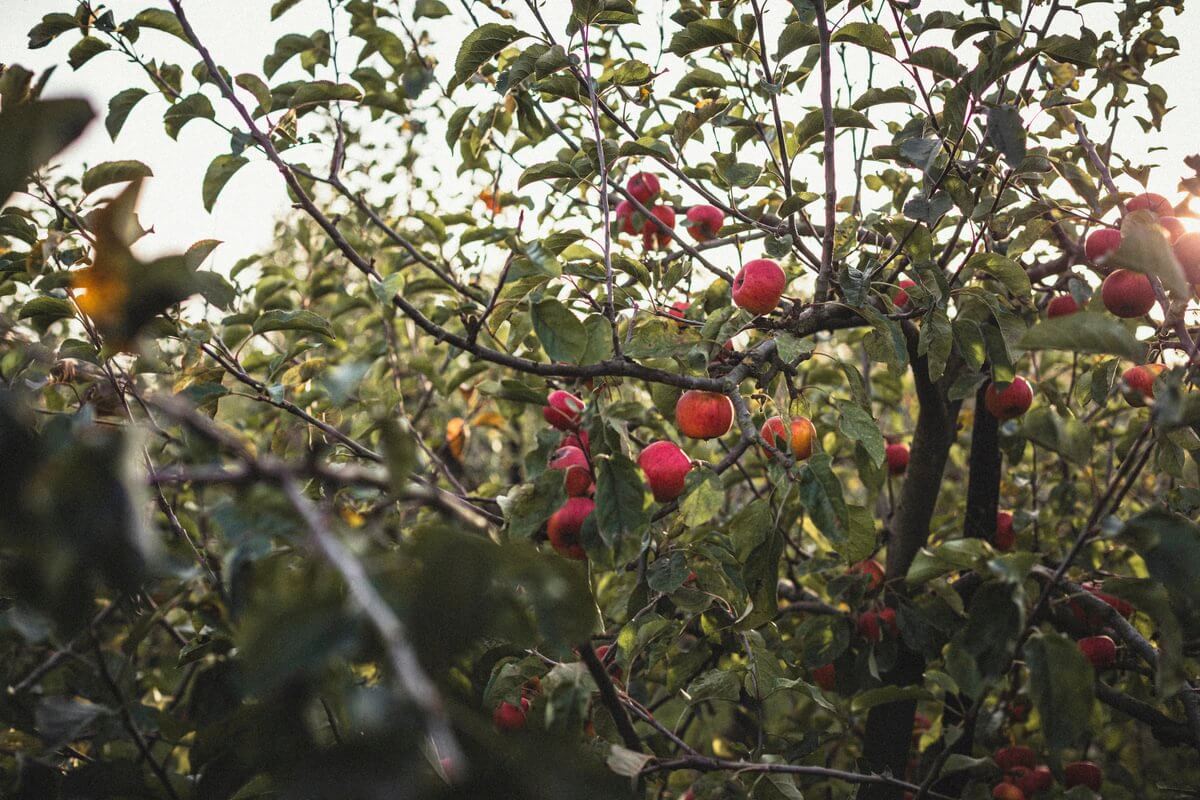Two weeks ago, Robert Mallett dumped 17,000 litres of fresh milk onto the ground of his 300-acre Wiltshire farm and watched it drain away.
His buyer Freshways, one of the UK’s largest dairy processors, was one of many that had temporarily halted collections as the UK lockdown obliterated sales from the foodservice sector (which makes up 40 per cent of its business).
It was a move that affected dairy farmers the length and breadth of the country. Only a few miles from Mallett, at JoJo’s Dairy, Josette Feddes had been forced to do the same, dumping the bulk of the 6,000 litres produced each day by her 250-strong herd. It was an “utterly desperate” act, she said.
The sight of fresh milk going to waste only weeks after supermarket shelves had sat bare struck a chord. When Mallett uploaded a video of his milk gushing along the ground online it was shared 750 times, attracting 300 comments full of outrage and empathy.
But devastatingly wasteful as it might be, “two days’ worth of dumping milk won’t bankrupt me,” he says. “A year of milk prices being way below the cost of production could.”
Organic dairy has been even worse hit. Since the two biggest buyers of organic milk – Pret a Manger and McDonald’s closed their doors – many organic milk suppliers have also been forced to pour milk away or else sell it on the spot market far below the cost of production.

In a sense, the pandemic has only exposed the deep cracks and shallow margins that have plagued British dairy for decades.
According to Defra figures, the average price paid for liquid milk to farmers in 2015 was 24p per litre – the same price paid in 1995. That’s despite 20 years of inflation pushing up the costs of many goods and services by about 70 per cent in the same time period.
On the one hand, the value placed on milk has suffered as a result of a fierce price war between UK supermarkets. In 2015, the average price of a four-pint carton famously dipped below bottled water, selling for just 89p in some cases.
At the same time the supply chain has consolidated. Around 90 per cent of fresh milk is now processed and sold by just seven companies, according to Defra. That places significant power in fewer hands.

The knock-on effect has been huge volatility in the prices paid to British dairy farmers. It’s thought about half have given up their business in the last 20 years as a result. Many have protested at the supermarkets they blame for driving down value: one memorable stunt in 2015 saw bemused cows released to wander up and down the aisles in Asda.
“Coronavirus has exposed the fragility and inflexibility of our modern business model, right across the spectrum,” says David Finlay, owner of The Ethical Dairy, which produces cheeses and ice-creams from its farm in Scotland. There are “larger and larger farms with less and less share of their product value due to the increasing control of their input and output supply lines by fewer, larger corporates.”
Mallett says that 1997 was the last time he can recall turning a profit at his farm in Highworth. With each cow costing around £5 per day to feed and shelter, he needs 25p per litre to stay afloat. The impact of Covid-19 pushing that price per litre down much further could well be the tipping point.
It isn’t looking good. Two weeks since images of milk dumped on farms hit the headlines, milk is now being collected and sold by processors, but prices have suffered. Freshways, Graham’s the Family Dairy, Dairy Partners, and Pensworth have all cut prices. Medina Dairy cited “significant and unprecedented commercial and financial pressures” as it cut 2p per litre of its May price to 23.75p per litre in early April.
That’s because even where production can pivot from coffee shops and airlines, to supermarkets and corner shops, that doesn’t allow processors to pay the same prices as before, explains Richard Lane, of The Dairy Group. Previously they would have gleaned extra value from each litre of milk by removing the fat not wanted in retail and selling it to foodservice clients as cream, for example.
Finlay says 80 per cent of projected cheese sales at The Ethical Dairy were heading for foodservice, while its ice-cream business, which worked primarily alongside tourist facilities, “is effectively closed and facing liquidation.”

Following crisis talks between government and industry, environment secretary George Eustice this week announced support by way of temporarily relaxing competition laws. The move will allow greater collaboration and make identifying areas with spare capacity that much easier.
But these are short-term measures. In the longer term, the sector needs the public shock at images of wasted milk to convert into a greater willingness to pay a little more for British produce.
Doing so could not only lift the supply chain out of financial dire straits, it could help address criticism of dairy’s impact on the environment, believes Lane, with fewer food miles from imports.
Resilience and sustainability can go hand in hand, believes Finlay. “Variety, self-sufficiency and waste reduction build resilience,” he says, which can leave producers better equipped to face the sudden impact of a pandemic.
“In an increasingly disrupted world, large, complex businesses dependent on long chains of supply and delivery are way too fragile, which threatens our security in every sector,” he says.
Lane is hopeful. “The optimistic me thinks that this pandemic might lead to a greater understanding of the food supply chain, or a greater value placed on it. That it might mean people are more prepared to pay a little bit more for a sustainable, domestic market.
“Or when this all blows over, will they just go back to how it was before?” Leaving dairy right where it started.










Thank you, that was well written and informed. The price of milk in the shops should reflect the hard work that goes into it, so any increase go directly to the farmer. We are with Medina, and they have in fact cut the price by 5 ppl, and deferred any payment for 3 weeks and may be paid an instalment next Monday, if we are lucky.
Like most food and especially fresh produce, the prices are too low; the processors and retailers take too much margin. Retail and processors need to be regulated on their ethics FOR ONCE. And the consumer needs to be educated about where their food comes from and the truth about the products to on conditions should be given. The majority of the dairy industry is not giving cattle a life as they should have. Dairy should be returned to small scale, local farms providing high quality ethics and quality of life for the animals as well as high quality products. If retailers and processors cannot be forced to guarantee truely ethical practices by reflecting that in their prices then they should not be allowed to sell.
As a vegan I do not use dairy but I do understand how some may feel the need for milk and cheese. Large factory farmed dairies must go.The cruelty in seperating calves from their mothers must stop and the cruel killing of male calves must stop also. Small family farms that allow the calves to be weaned and keep the male calves to be trained to work the land can achieve success. Look up Amhisa dairy for instance.They have found a market for bullocks trained to work in the same way as Shire horses used to. There milk and cheese also has a ready market.
Hopefully this will spell the end of the horrific dairy industry which deals in death & misery for animals & causes great environmental damage
The public are never going to pay the true economic & environmental cost of dairy production so perhaps it will be better if the industry has to remodel itself
Archaic farming practices have no place in a modern world especially one that now faces pandemics caused by intensive animal farming
This is the position I feel I fall under. If an industry is not sustainable and is not a vital resource or service then it should fail and the resources used elsewhere. Especially if it is an industry which causes as much harm as this does.
Milk is a luxury. There are lots of substitutes in supermarkets. I can not hold sympathy for crying Dairy farmers when I hold no sympathy for planes being sat on the ground.
I do not understand why the milk is wasted, could it not be used for other product such as long life milk or cheeses?
I have empathy for anybody struggling with making a living at the moment and keeping people employed too but I also have a deeper empathy for the animals within the intensive farming industry who have no voice but to endour the cruel acts put upon them to produce the milk in the first place.
I hope for the sake of the animals & their young that this will bring about a future without such cruel processes.
Humans dont need cows milk, humans only need human milk when babies. Calves need their mothers milk.
Care enough to look for an alternative product like oat milk etc.
For me it’s my personal responsibility to not contribute to any animal’s suffering, directly or indirectly.
I’m learning how to live my life differently with no dependency on animal products for my survival.
Nature provides plenty of nutrients without it.
I’ve realised bit by bit I’m thriving more and it feels more natural.
I agree with both these comments about the horrific cruelty of dairy. However, I have sympathy for dairy farmers, many of whom must be able to see the writing on the wall. Like all of us, we are products of our culture, history and tradition…and often unthinkingly act without seeing what’s wrong at first. For this reason people need positive input and support to make changes to how they pursue their livelihood. I think this support needs to come in the form of business funding from central government. Help and support to encourage change/diversification away from dairy is what’s needed.
Very well said Keiko.
I agree ..support the farmers to switch to oats to make oat milk .Much better for you.Look up Amhisa dairy too.Bullocks are trained to work..Calves are weaned naturally
On Friday I submitted evidence to the EFRA Select Cttee Inquiry on Covid-19 and food supply and included an image of milk being thrown away. I believe that there is a real risk that we will fail to learn the lessons on food supply that this Covid crisis has highlighted.
I hope I’ll live to see the day when the exploitation of animals for (dwindling) profits is history.
Perhaps supportive programmes will emerge from the Covid-19 crisis, that help dairy farmers transition their businesses to plant based farming. I can vaguely imagine how hard this must be for the farmers financially and culturally.
I cannot begin to imagine what is would be like to get impregnated against my will, going through pregnancy, having my baby removed, being milked by a machine and slaughtered after a few years when I’m no longer profitable to my farmer. Who would be willing to put a word in for me?